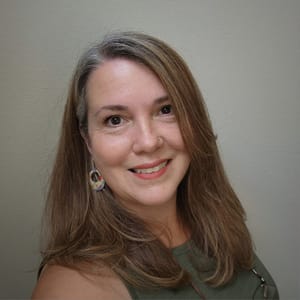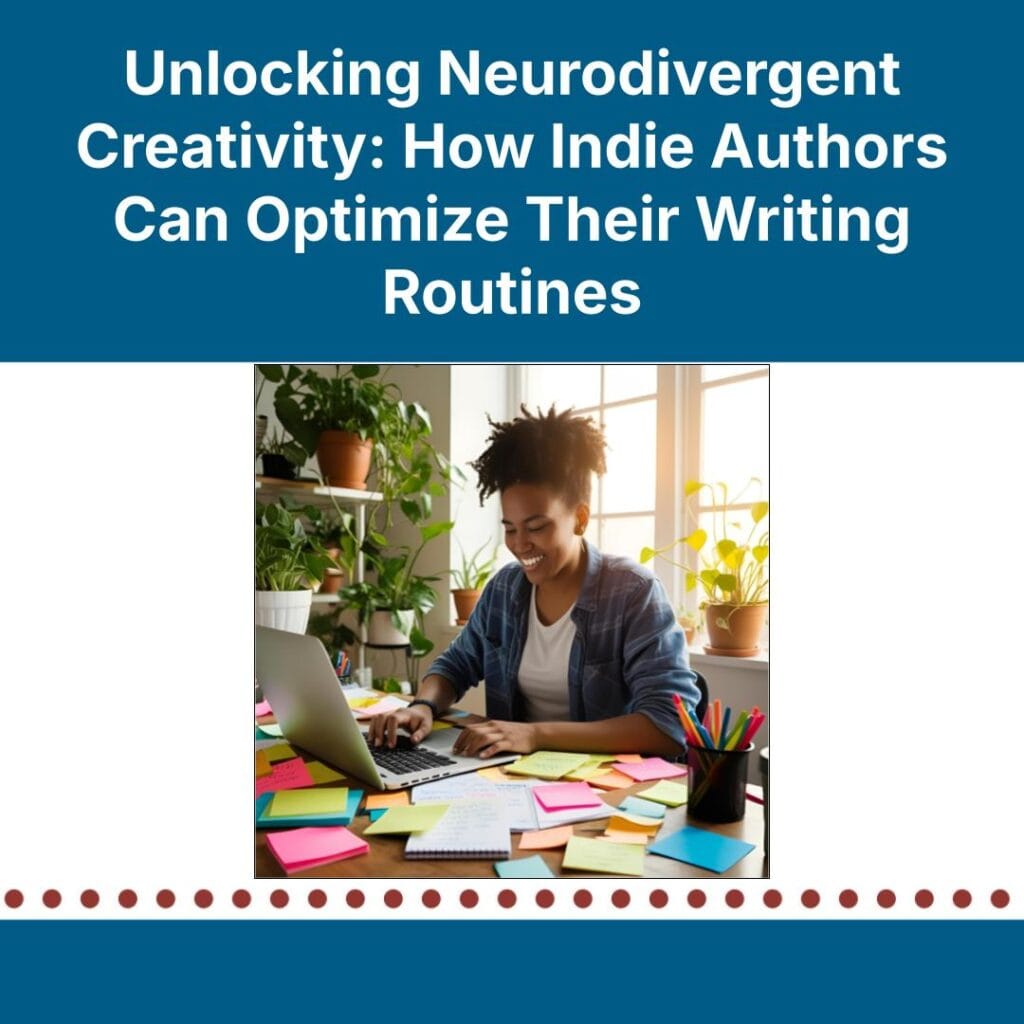Neurodiversity is part of the beautiful experience of being human. If we all thought alike, our books might quickly become monotonous. It is precisely because our brains function differently that we experience the world through unique perspectives. A diverse collection of stories broadens our understanding, but neurodiversity shouldn't just live inside our stories—it should also influence how we approach our creative practices.
According to Johns Hopkins University’s 2022 article, Neurodivergence at a Glance, neurodivergent effectively means having a "different brain." Rather than a clear-cut division between normal and divergent brain functioning, neurodivergence is best viewed as a spectrum. Individuals may fall anywhere along this continuum, diagnosed or undiagnosed, in varying degrees. Greater online and media awareness has encouraged many to self-identify their unique cognitive traits, even without formal medical diagnoses. This increasing acceptance has led adults—including authors—to evaluate and better accommodate their individual needs.
Knowledge Is Power
For indie authors, diagnosed or self-identified neurodivergent alike, understanding your individual strengths and challenges can transform frustration into confidence. Autism advocate and researcher Temple Grandin emphasized this point clearly in 2022: "It don’t matter how you know you’re different; give yourself what you need."
Identifying your needs doesn't have to be complicated. First, write a list outlining areas where you excel alongside those that bring you stress or difficulty. Which parts of your author business energize you, and what aspects leave you feeling drained or overwhelmed? Reflecting honestly on these points helps you grasp your unique needs and strengths clearly.
Once your list is complete, begin adjusting your daily routines, working environment, or tasks accordingly. If sensory or auditory distractions easily derail your focus, consider investing in a more comfortable writing chair, noise-canceling headphones, or creating a dedicated quiet space. If your creativity frequently floods you with distracting new ideas, develop a practical system for capturing them, such as a jar filled with idea notes or a dedicated digital document on your phone or computer.
Use this new self-awareness to shape your productivity methods and time management strategies intentionally. Focusing on solutions specially tailored to your personal strengths and accommodating your specific challenges can create a supported, sustainable writing career built on authenticity and self-acceptance.
Embrace your neurodiversity, adapt your writing routines accordingly, and watch your strengths become powerful tools driving your creativity forward.
About Heather Clement Davis
Heather Clement Davis has twenty-six years of diverse professional experience across museums, archaeology, art, counseling, art therapy, creative writing, and nonprofit management fields. With extensive graduate-level studies driven by her neurodiverse passion for lifelong learning, she is currently a master's candidate in Arts Management. Heather’s paintings and pottery have been featured internationally in galleries and private collections, while her poetry, nonfiction, and fiction have appeared in literary journals nationwide. When not immersed in writing or artistic creation, Heather enjoys relaxing with her family over competitive games of Catan or classic Star Trek episodes.


